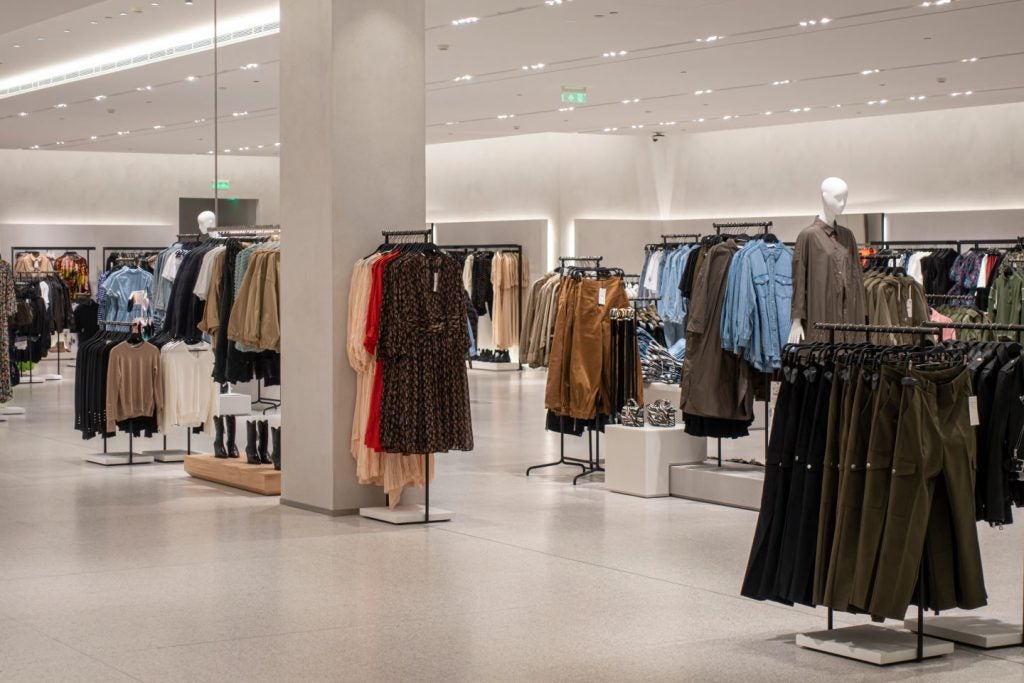A report from GlobalData exploring the Top Trends in the Apparel Market for 2024 says despite falling inflation, the cumulative impact of higher prices for essential goods will mean discretionary impact remains squeezed.
Results of a survey conducted in North America and Europe found 31.5% and 31.1% of consumers in each of these regions respectively stated that in Q4 2023 they had cut back on apparel purchases in the three months prior and many were likely to do so in future.
The report also suggests apparel spend will remain muted as consumers prioritise experiences such as holidays, eating out and socialising.
But this is also an opportunity for the apparel sector, says the report, particularly for expansion into categories such as holiday wear, outdoorwear and sportswear, as consumers continue to purchase apparel for skiing and active holidays or hot destinations.
With money worries at the fore, rental and resale will continue to enjoy growth.
In 2024, the apparel rental market is forecast to grow by 20% driven by increased consumer awareness as more brands and retailers launch their own propositions. It will also be aided by its greater affordability, allowing shoppers to acquire new outfits and access designer brands for less.
However, it will remain a much smaller market than resale, as it has limited applicability outside of outfits for events and is much trickier for brands to branch into due to the logistics involved in multiple deliveries as well as cleaning and repair.
The resale market is expected to grow by 16.3% in 2024 to $225.4bn. Strong growth of online platforms like Vinted and thredUP will drive the market, as they continue to improve their propositions, adding features such as authentication services and more advanced product filters.
While physical outlets like charity and thrift shops remain important, traditional brands and retailers like New Balance and Pangaia are also getting involved which is driving awareness of resale and making it “trendier”.
Unfortunately, with rising inflation, sustainability priorities have taken a back seat.
“Consumers [say] these [are] significantly less important to them than factors like value for money and price. This disparity will continue at least until consumers’ discretionary incomes rise, and many of those that stated that sustainable and ethical credentials are important to them are unlikely to change their shopping habits,” reads the report.
However, brands are urged to continue to double down on improving their credentials as this will help to boost their perceptions further as conscious Gen Z shoppers mature and consumer finances stabilise allowing them to trade up once again.









